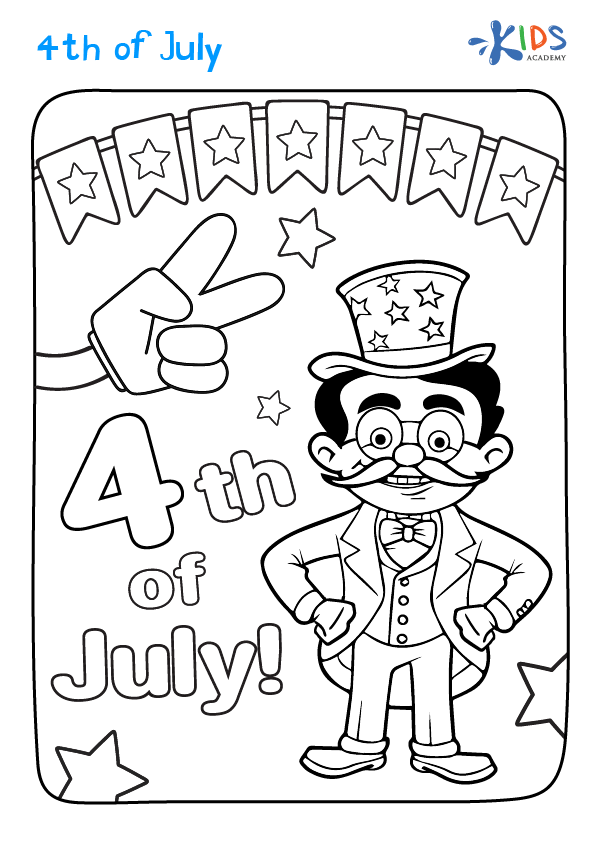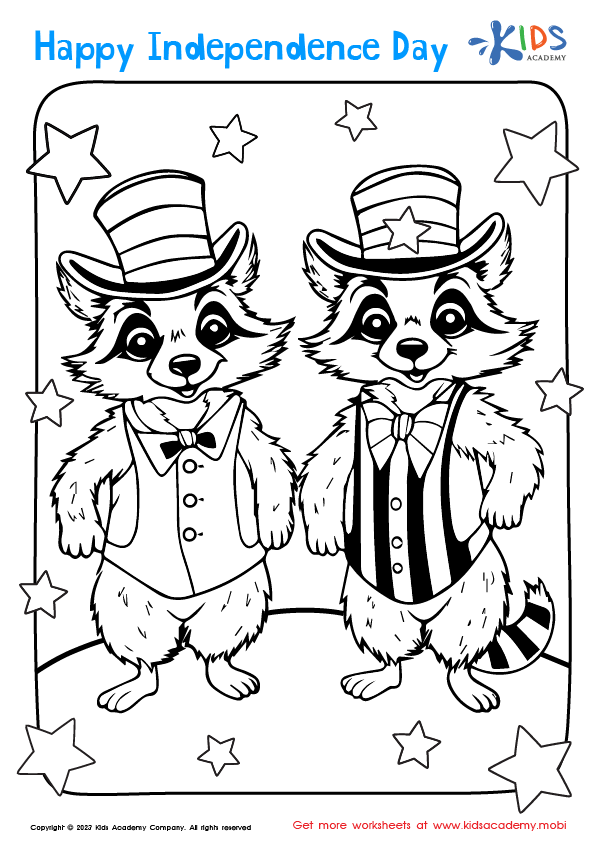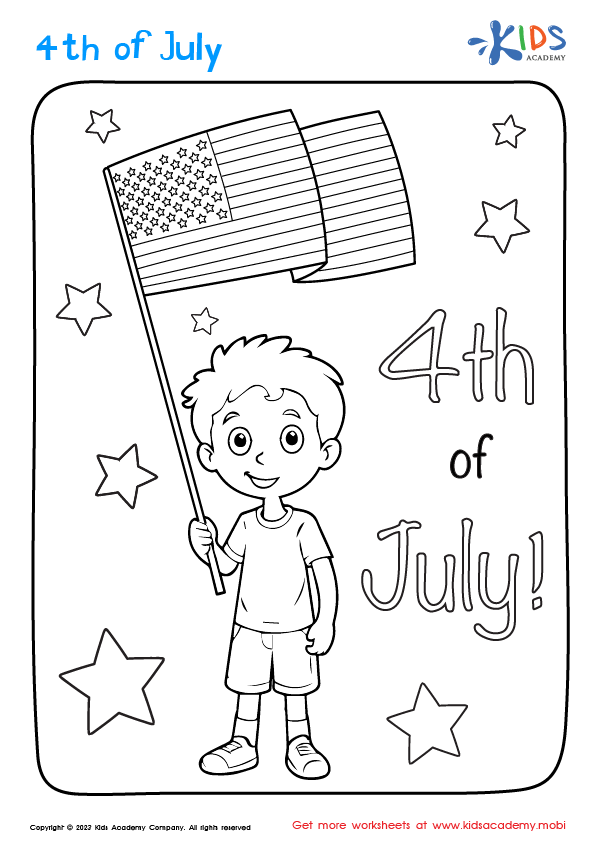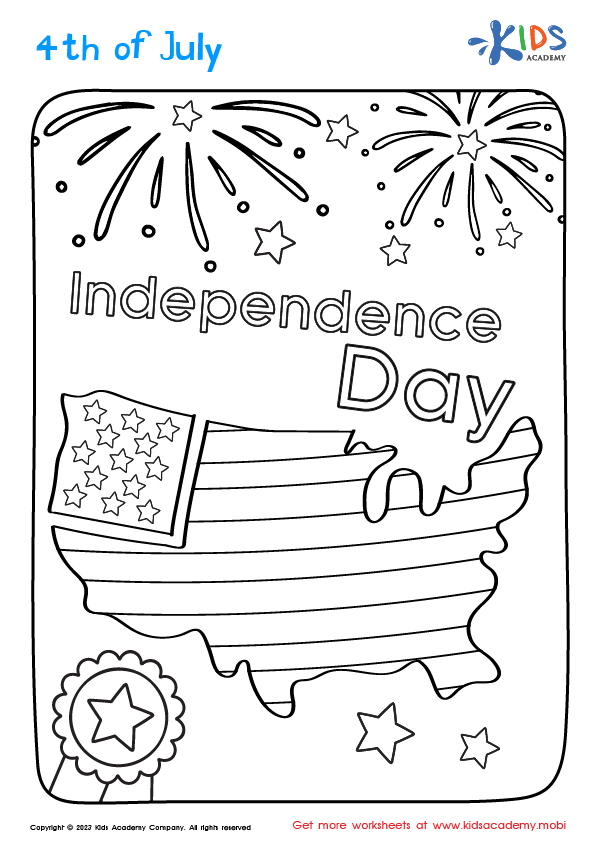Vocabulary expansion Easy Worksheets for Ages 3-7 - Page 2
33 filtered results
-
From - To
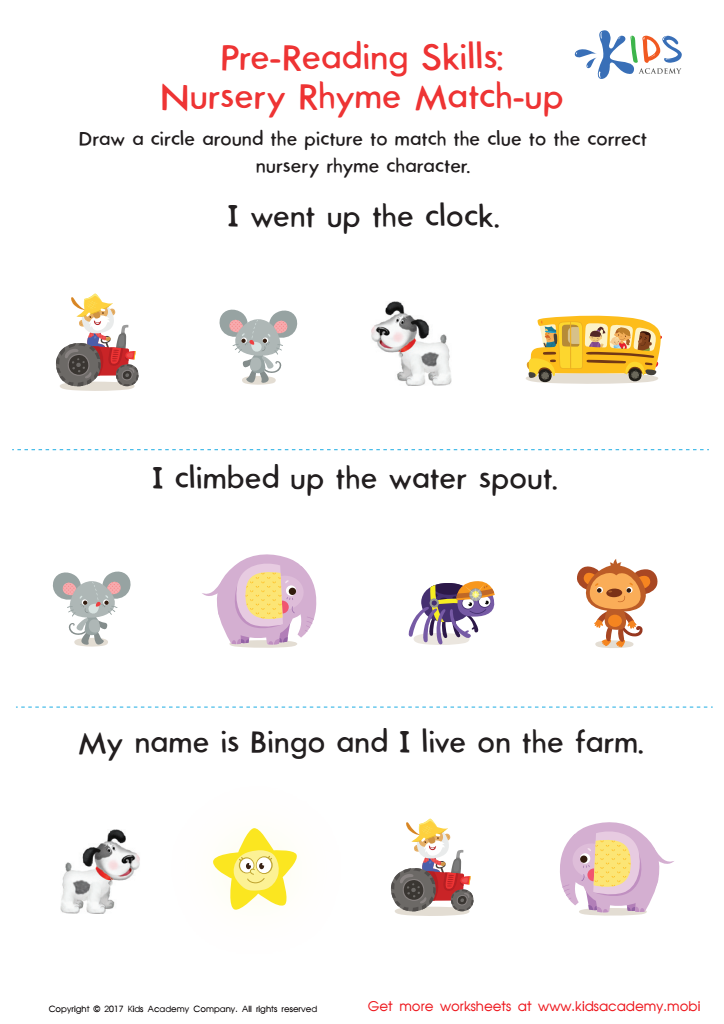

Nursery Rhyme Match–Up Worksheet
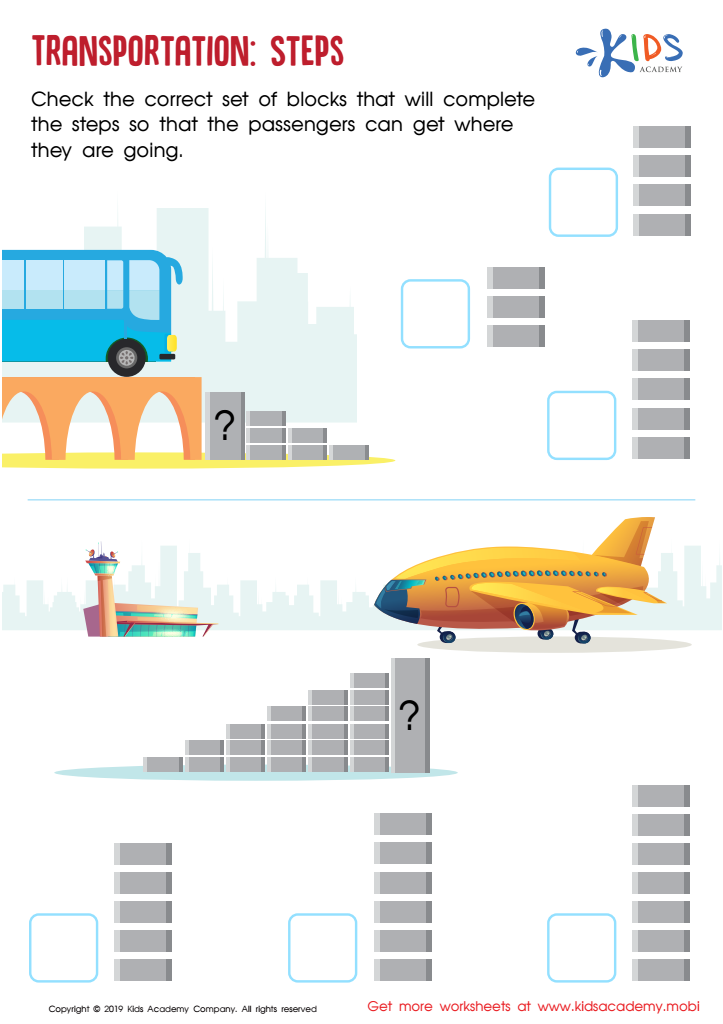

Transportation: Steps Worksheet
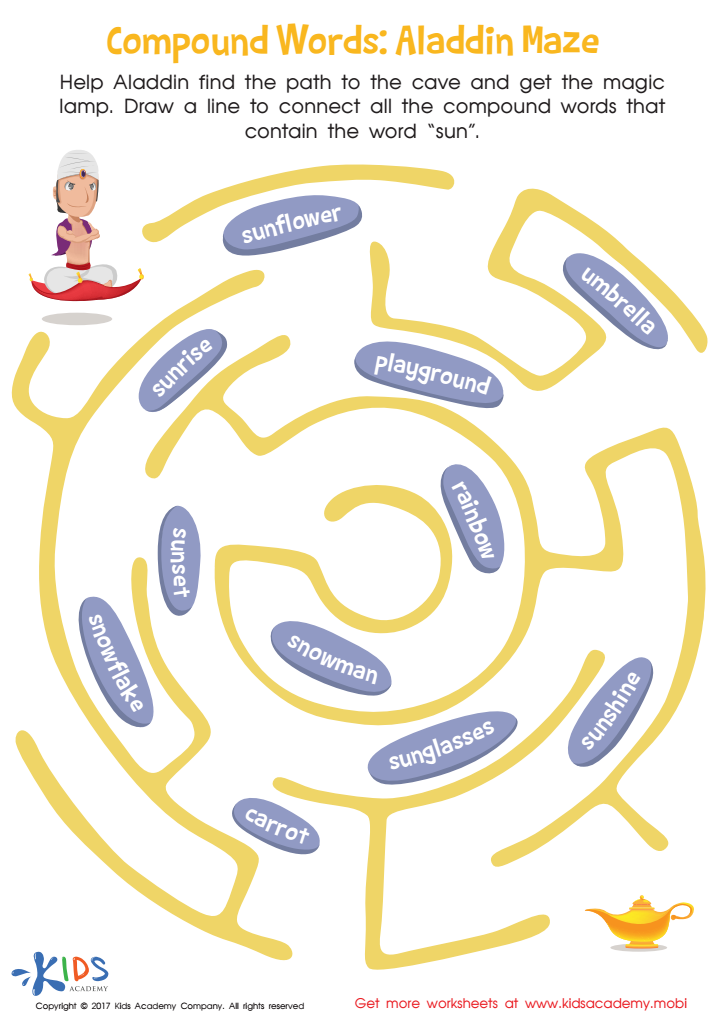

Compound Aladdin Maze Word Structure Worksheet
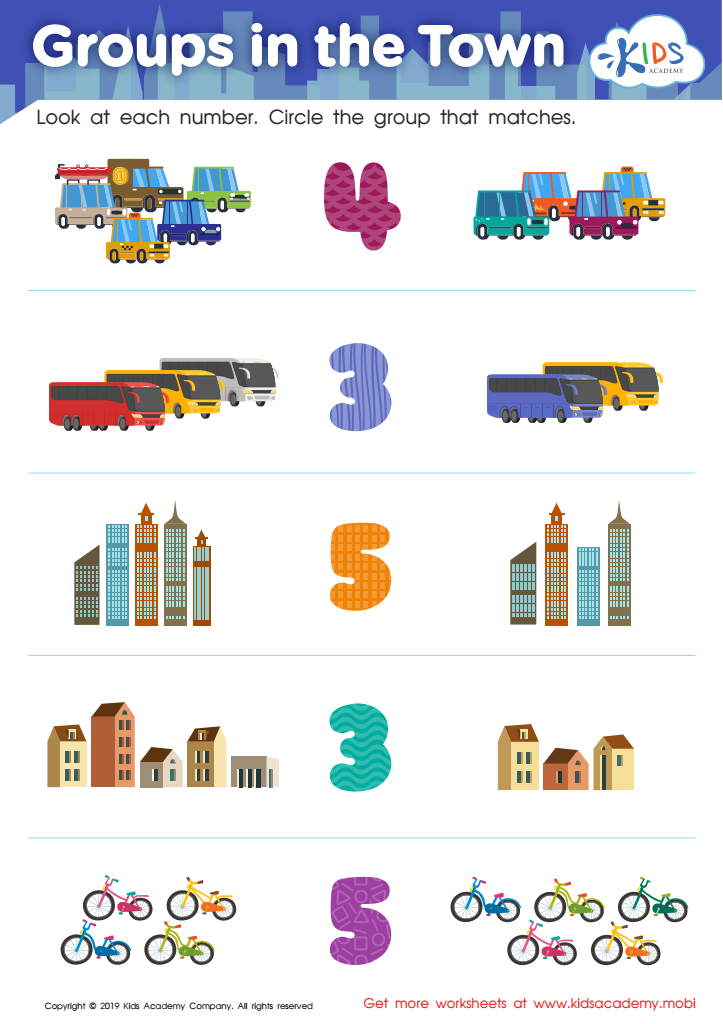

Groups in the Town Worksheet
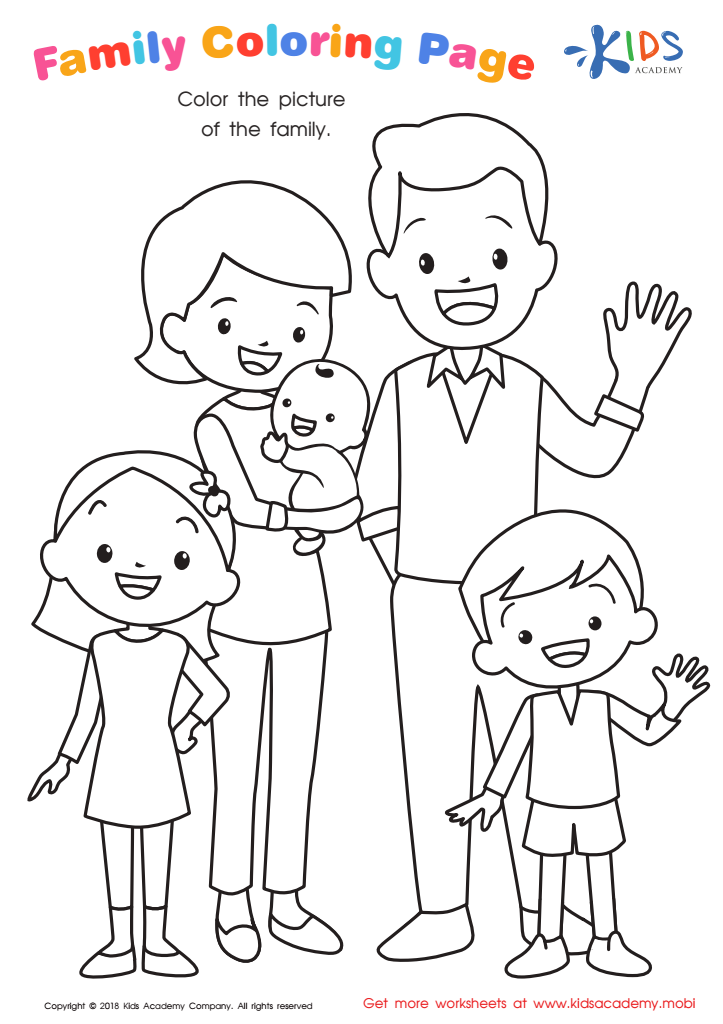

Family Coloring Page
Vocabulary expansion is incredibly important for children aged 3-7 because it lays the foundation for all future learning and communication. This early phase is crucial as children's brains are highly receptive and primed for soaking up new information. A rich vocabulary enables children to express themselves more clearly and understand the world around them better.
For parents and teachers, fostering vocabulary growth within this age group improves reading comprehension, which is vital for academic success. Children with a well-developed vocabulary can understand texts more easily, enabling them to follow instructions, grasp new concepts, and enjoy stories, making learning a joyful experience.
Moreover, a robust vocabulary fosters social skills. Communicating effectively with peers and adults increases children's confidence and helps in building stronger relationships. This age is also when children start to develop their emotional intelligence; with a better vocabulary, they can articulate their feelings and understand others' emotions, promoting better social-emotional development.
Additionally, exposure to varied words stimulates cognitive skills and encourages curiosity. Vocabulary activities can improve critical thinking, problem-solving abilities, and creativity by introducing new ways to perceive and describe the world.
In summary, a strong vocabulary sets the stage for a lifetime of learning, social interaction, and emotional understanding, making it a worthy focus for parents and teachers of young children.

 Assign to My Students
Assign to My Students


